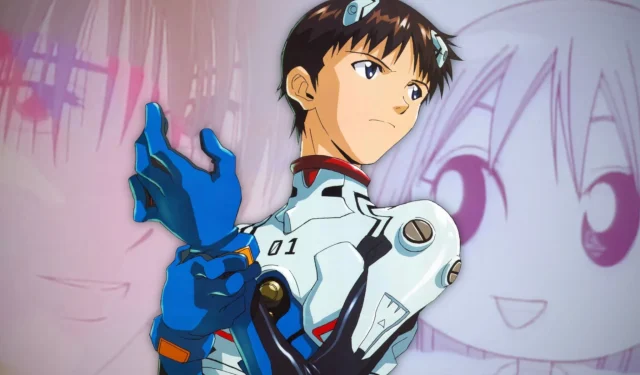
Neon Genesis Evangelion is renowned for having one of the most contentious and interpretive conclusions in anime history. The mixed reactions to its finale led to the creation of The End of Evangelion, a groundbreaking film that reimagines the original ending with a fresh perspective on the 25th and 26th episodes. This follow-up film retained Hideaki Anno’s distinctive artistic style, igniting ongoing debates among fans regarding which ending is superior and how to interpret both versions.
While Evangelion’s endings are polarizing, they pale in comparison to another of Anno’s remarkable works: the adaptation of the manga Kare Kano, officially titled Kareshi Kanojo no Jijou, which translates to “His and Her Circumstances.”This manga stands out as a romantic comedy brimming with unexpected twists.
Kare Kano: A Unique Romantic Comedy by Hideaki Anno
An Artistic Exploration Through Anno’s Lens
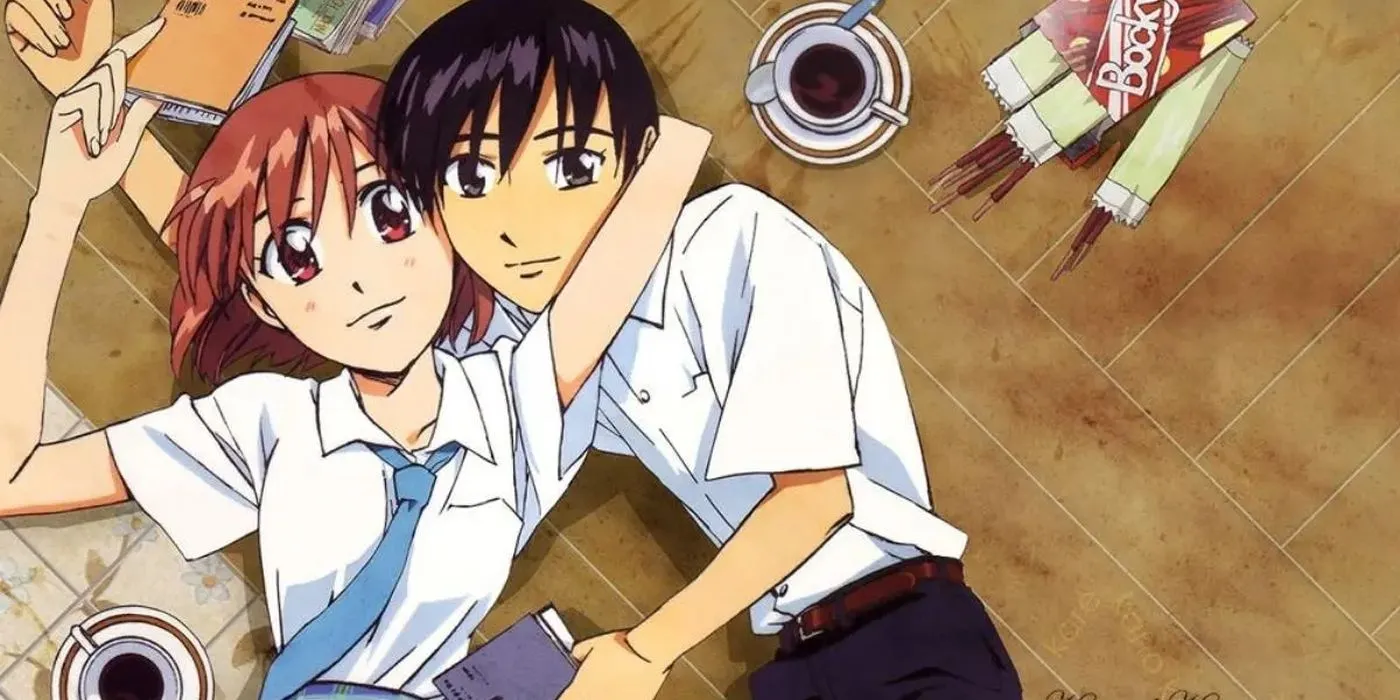
Anno’s artistic influence is unmistakable in Kare Kano, where many of his signature stylistic elements are showcased. Surprisingly, the narrative revolves around Yukino Miyazawa, a girl pursuing universal recognition, as she navigates the complexities of high school life and her relationship with competitive classmate Soichiro Arima.
A romantic comedy by nature, Kare Kano is imbued with Anno’s unique eccentricity. Elements like artistic contrasts, eye-catching cut-ins with witty phrases, and an unconventional presentation enhance the emotional sincerity of the source material, establishing the series as one of the most fascinating romantic comedies in anime history.
Controversy Surrounding Anno’s Adaptation
Diverse Reactions to Kare Kano’s Interpretation
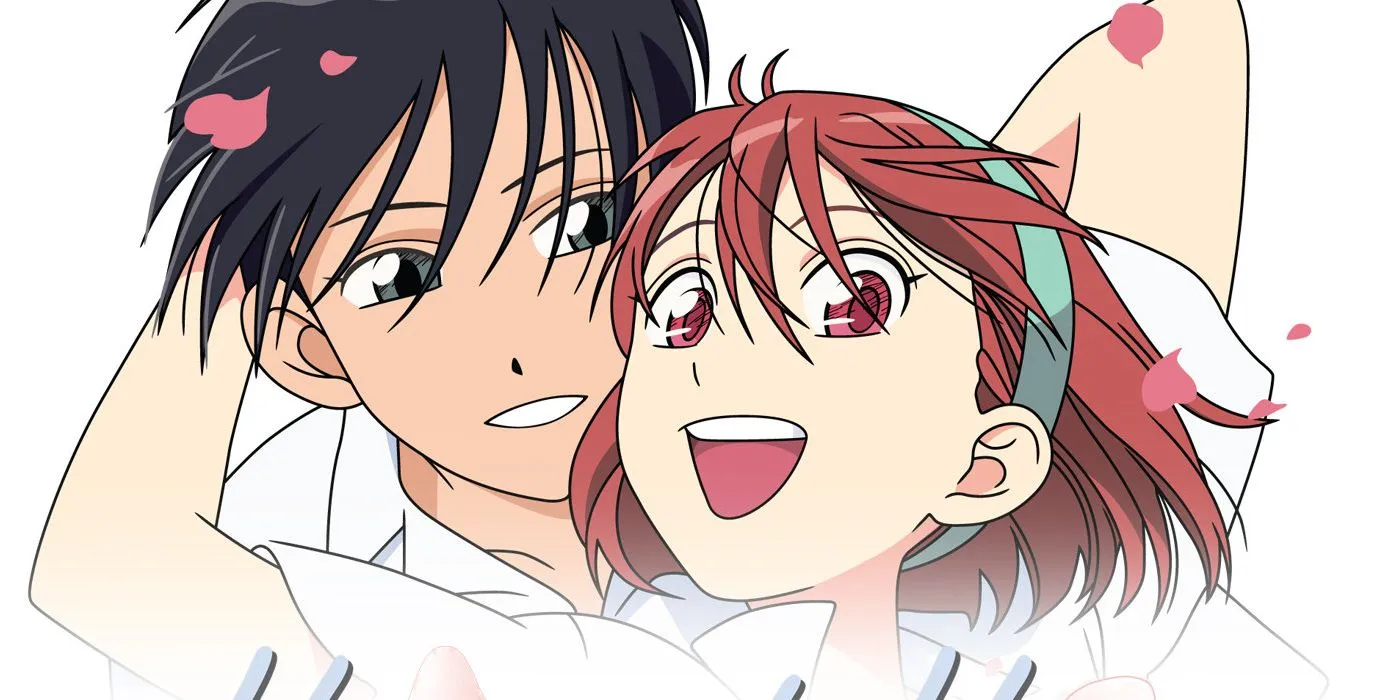
The adaptation of Kare Kano has not been without its share of controversy. Anno’s unique vision significantly shaped the series, but eventually, he stepped back from the role of lead director to become a co-director. Following this project, he would not return to work as a director for Gainax, despite the immense success he garnered with Evangelion.
Masami Tsuda, the mangaka of Kare Kano, had varying sentiments regarding the adaptation. In a 2011 interview with Gainax France, she expressed a generally positive view, acknowledging that while the adaptation would not be strictly “hers,”she was pleased that it gained a wider audience:
[Interviewer:] Did you participate yourself, directly or indirectly, in this adaptation?
[Tsuda:] I was present during the audition of the dubbing actors. For the rest, I trusted them and I didn’t worry about it. When I entrusted the adaptation to other people, I knew that it wouldn’t be “my”Kareshi Kanojo No Jijyo, even if the adaptation was the purest and most faithful. So I gave them carte blanche, being careful not to make any comments to them. And in the end, a large number of people were able to see my story, even in France! I’m very happy about it.
(Translation via Google Translate)
In contrast, others involved in the adaptation conveyed a different narrative. In an interview with Anime Tourist, Gainax co-founder Hiroyuki Yamaga indicated that Anno favored a comedic approach over a romantic one, suggesting that this divergence may have frustrated Tsuda:
It is rather difficult to work with a series that is based on an original comic book. We were working from the comic book and thinking that if we did it in a particular way, it would be an interesting series. However, the author of the original comic book did not agree.
Kare Kano was supposed to be a romantic comedy and we wanted to emphasize the comedy and not the romance. The author wanted to emphasize them both and that is where the conflict came to be.
We would like to continue to work on it but we have upset the author, so it is very unlikely that there will be a continuation of the series. I am very sorry.
The ultimate sentiment of Tsuda remains ambiguous; however, it is reasonable to surmise that while she may have experienced frustration at certain points during production, she eventually recognized the project’s impact on the visibility of Kare Kano. That said, without definitive statements, such conclusions remain speculative.
Significant Tonal Transition Toward the Series Conclusion
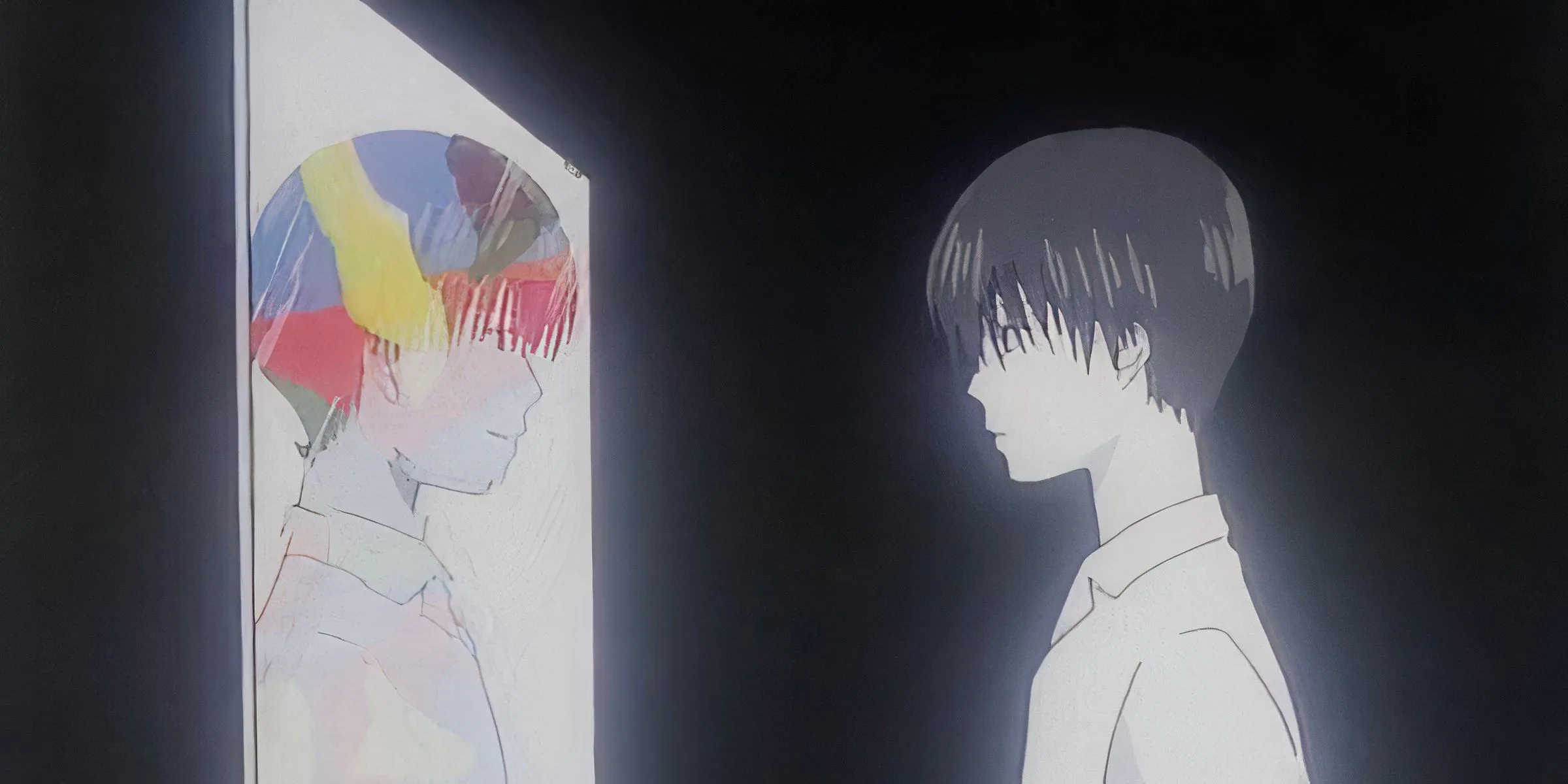
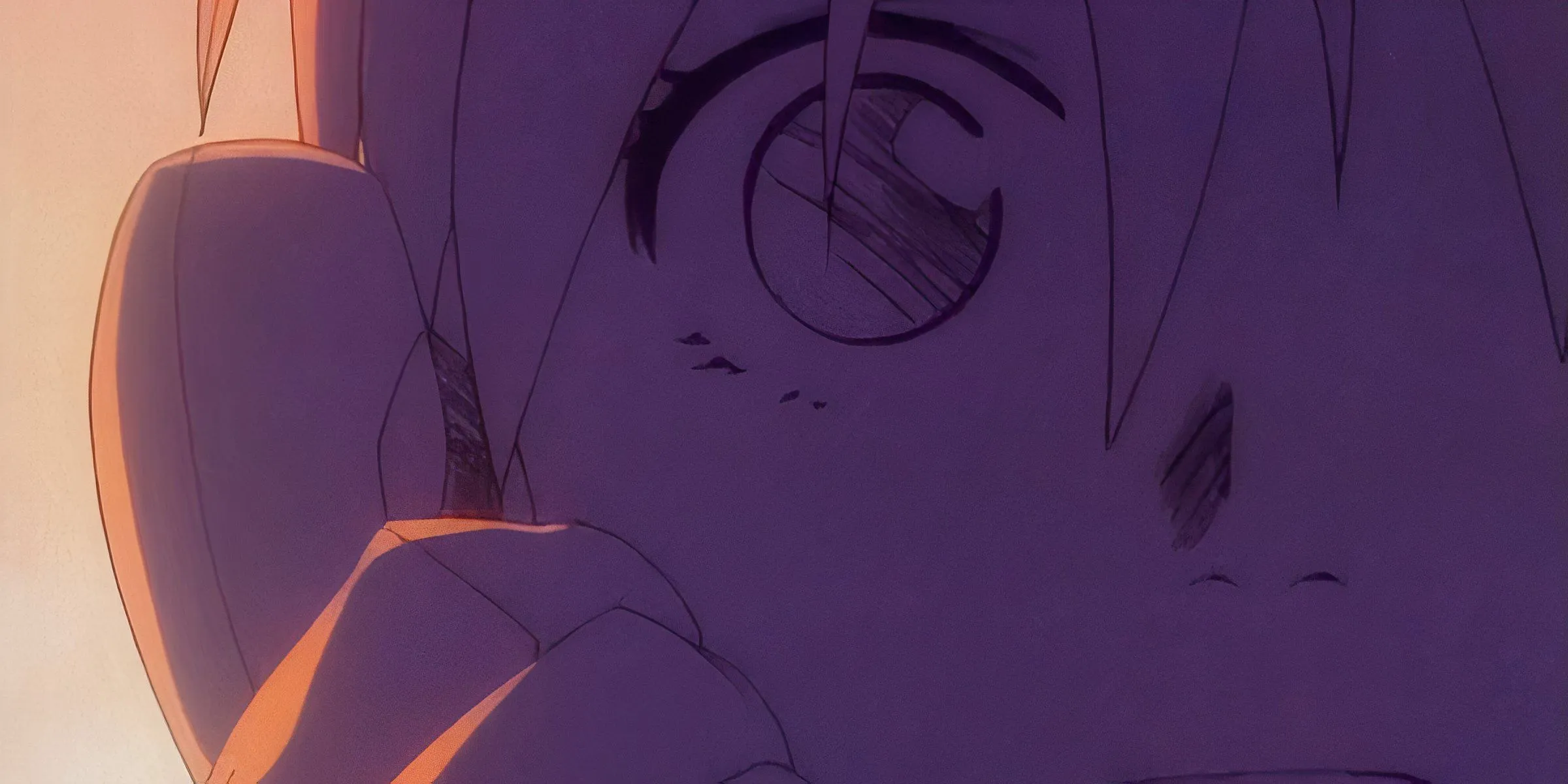
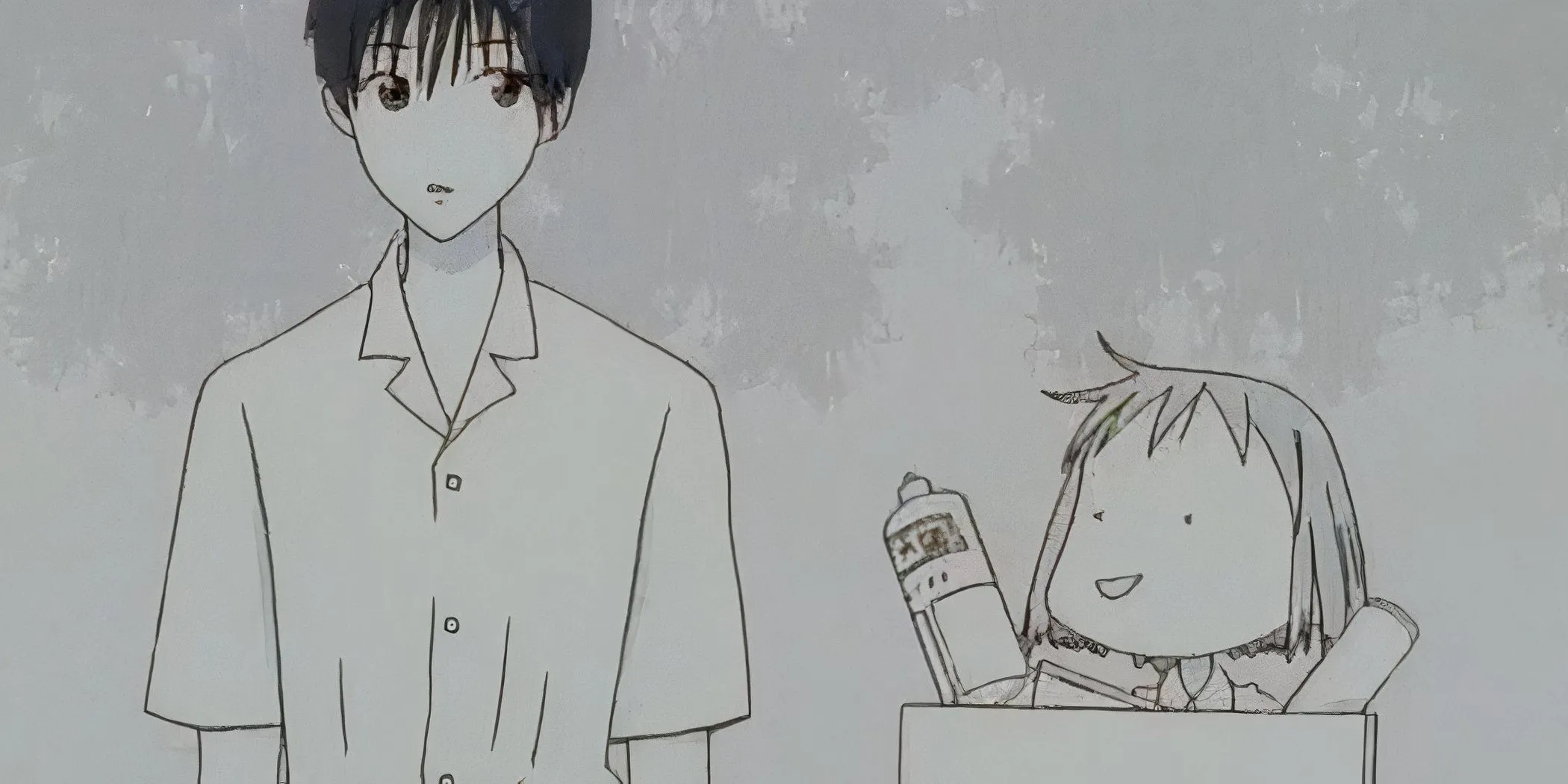
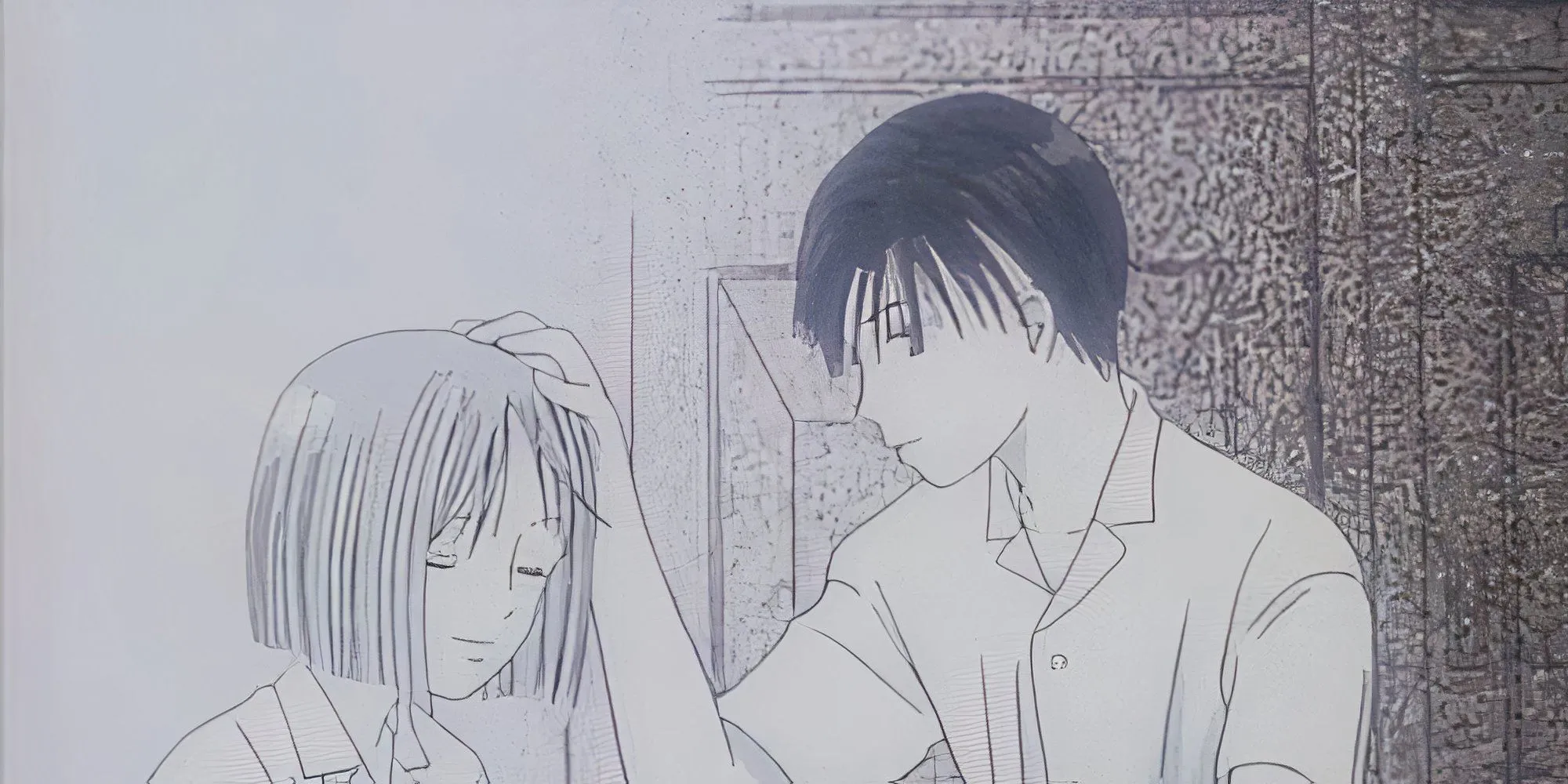
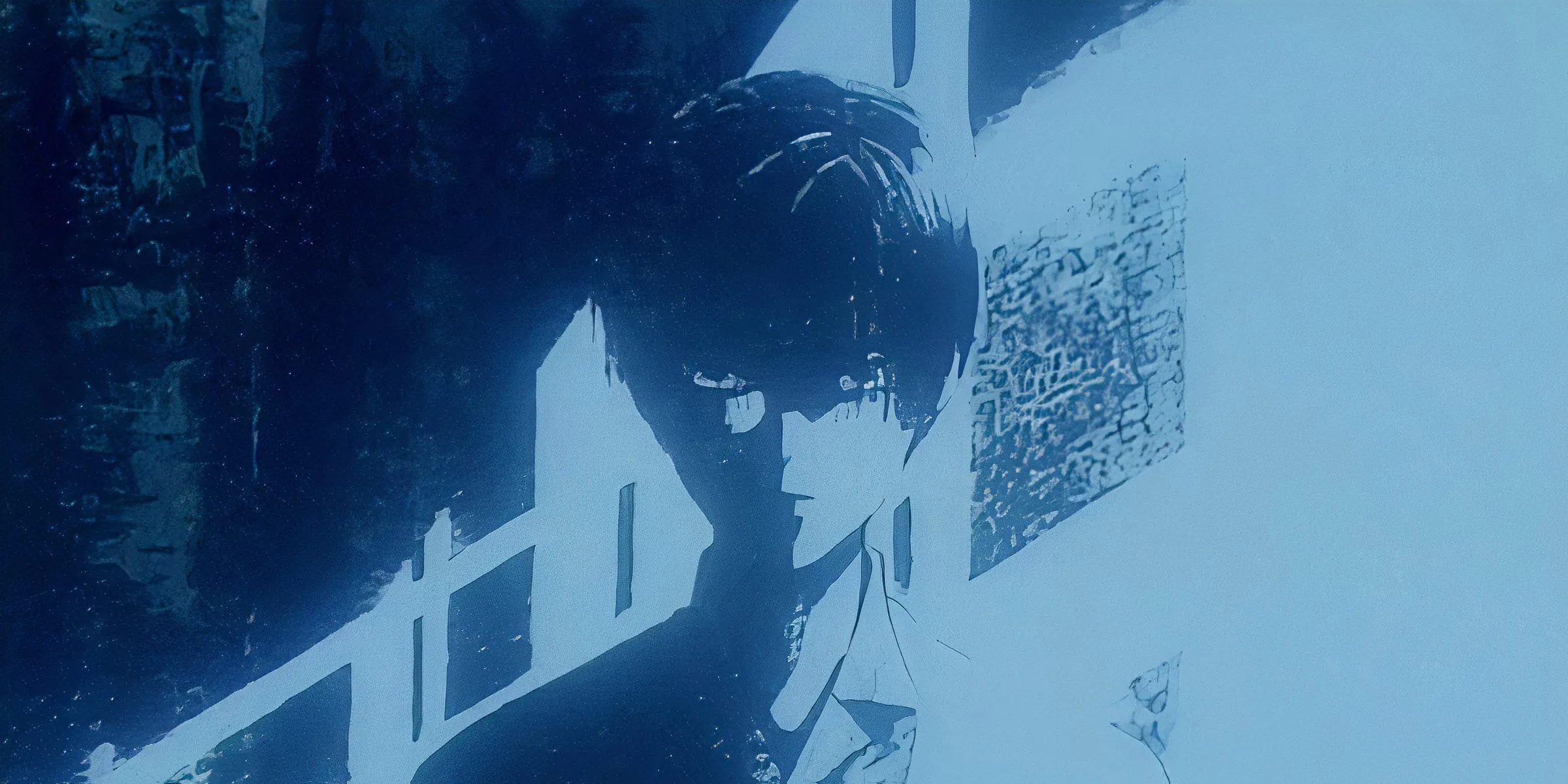
Yamaga’s comments lead to a crucial aspect of the adaptation’s shortcomings—its conclusion. As he aptly pointed out:
I really enjoyed Kare Kano. It is possible that there will ever be more anime made for that series? It just ended. It was supposed to keep going.
The series concludes in an unresolved manner, hinting at new plotlines without properly addressing existing ones. Arima’s complex past is subtly suggested within the anime, yet the depth explored in the manga is notably absent in this adaptation.
The tonal shift at the series’ close is stark, resulting from Anno’s artistic conflicts with Gainax and the mangaka. This culminates in an atypical finale characterized by static images, side narratives, and avant-garde animation techniques. The final episodes resemble more of a patchwork of manga panels than coherent storytelling, and the series leaves multiple narratives unresolved while channeling Anno’s unique stylistic essence reminiscent of his work on Evangelion, albeit lacking that show’s concluding building blocks.
An Essential Watch for Anno Fans Despite the Unconventional Ending
Kare Kano: A Deeper Dive into Similar Themes
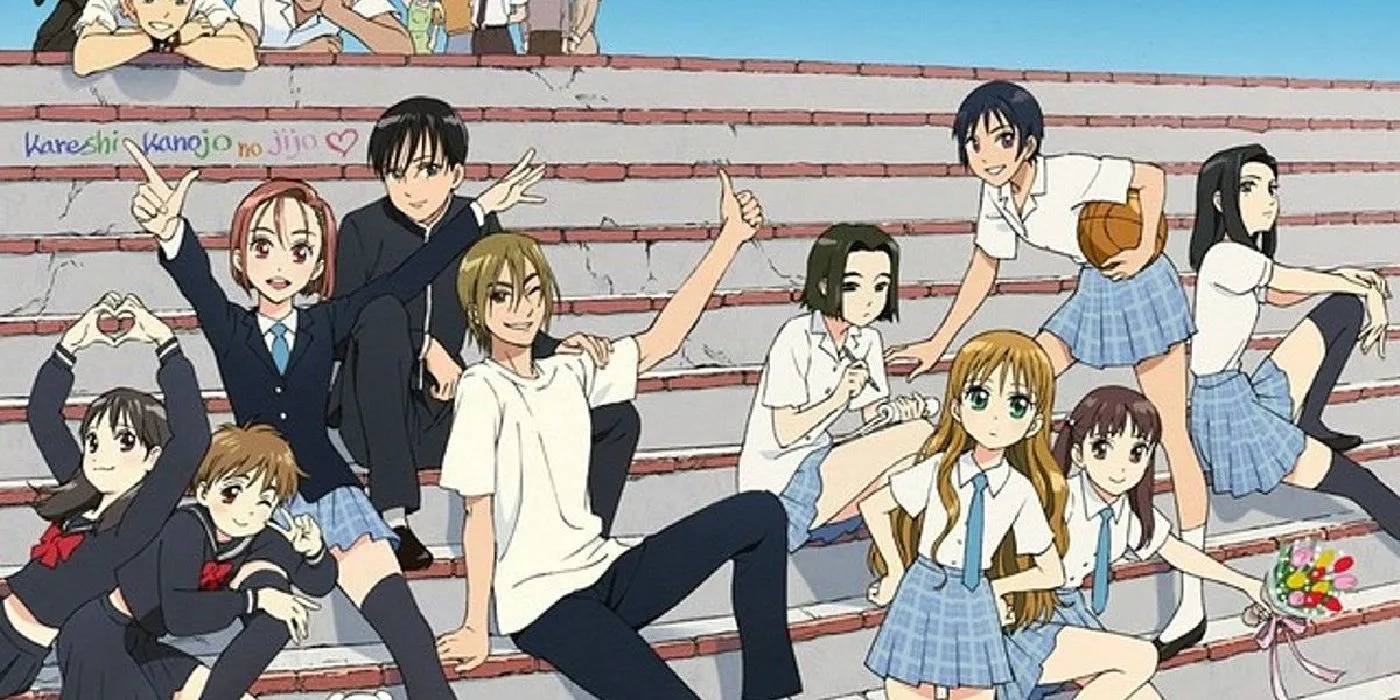
Ultimately, this tonal shift is a direct result of Anno’s unconventional direction. His decision to adapt Kare Kano stems from a desire to explore themes that echo throughout Evangelion—often with greater clarity. The series provides direct character studies of Arima, Yukino, and their social circles, allowing Anno to fully articulate the psychological themes that he is known for.
This intricate exploration of identity and the quest for self-acceptance makes Kare Kano a beloved adaptation despite its flaws and contentious conclusion. The challenges faced by Yukino and Arima resonantly illustrate their internal conflicts, establishing the series as one of the most authentic and enjoyable shoujo narratives ever created. Anno’s strength lies not in elevating comedy over romance, but instead in focusing on profound psychological depth.
The themes and character dynamics presented in Kare Kano parallel many of the enduring concepts found in Evangelion, highlighting significant topics such as trauma, validation, and the search for identity. Anno’s creative flair cements this adaptation as a vital experience for fans of his work, unveiling deeper meanings while expressing emotion beautifully.
Kare Kano exemplifies Anno’s artistic prowess and his ability to convey rich narratives through an intricate blend of humor and psychology. The series serves as a compelling watch for those who admire Anno’s storytelling techniques and seek a more straightforward presentation of the themes found in Evangelion.




Leave a Reply